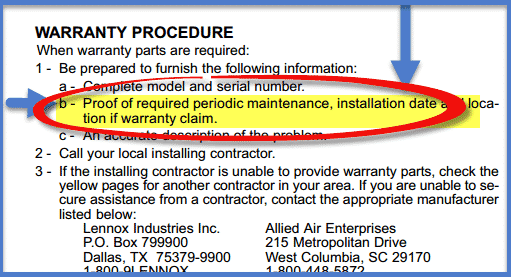Are annual furnace inspections really necessary?
So how many miles did that furnace of yours drive this year? We know, your furnace didn’t go anywhere, but we bet it ran a lot this past year. So, we change the oil in the car after about 3000 miles, right? If you equate the number of hours your furnace provides you comfort to the car maintenance miles, then we would say an annual check of your furnace is a reasonable expense for the budget. You see, your furnace actually runs as the blower to your air conditioner so it’s working in the summer to cool your home, too.
Whether or not a homeowner chooses to have their furnace checked annually depends much on each individual’s choice as to how far to stretch the time between check-ups and whether risking the costly breakdowns at the wrong time is worth saving that maintenance fee. Here are some things to consider as you make your decision:
- Have you recently purchased a new furnace, or purchased one in the last 10 years?
- Assuring that your furnace is operating at its peak performance and is cleaned regularly also extends its life and helps keep the utility bills to a minimum.
- The most important thing to consider when making that maintenance decision is the safety of you, your family, and anyone who spends time in your home or business.


